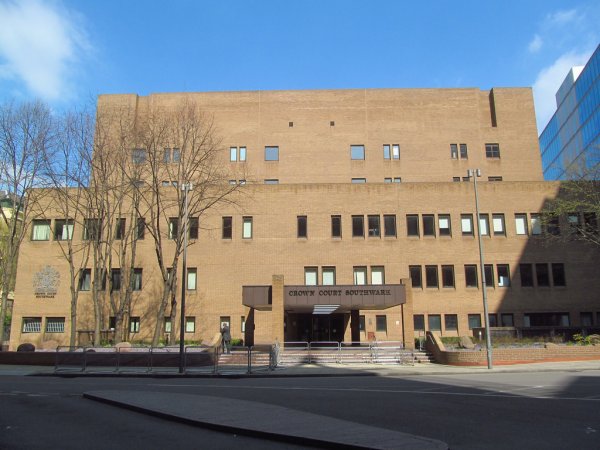Solihull firm caught up in £7.4m insider trading conspiracy

A FORMER Deutsche Bank managing director and an accountant who had been Sir Philip Green’s finance director at Topshop have been found guilty of insider trading.
Solihull-based Paragon Group was one of six companies where the Financial Conduct Authority (FCA) had alleged profits totalling £7.4m had been made through insider dealing.
Martyn Dodgson, who held very senior roles at Morgan Stanley, Lehman Brothers and Deutsche Bank during the period – November 2006 and March 2010 – under investigation, and Andrew Hind were found guilty by majority verdicts after nine days of deliberation at the end of a three-month trial at Southwark Crown Court. They will be sentenced later, on a date to be fixed, and the FCA said confiscation proceedings will be pursued against both defendants.
These two convictions – alongside those of Paul Milsom, Graeme Shelley and Julian Rifat – brings to five the number of convictions secured in the Operation Tabernula insider dealing investigation.
Three other defendants, Andrew Grant Harrison, Ben Anderson and Iraj Parvizi, were acquitted.
Mark Steward, the FCA’s director of enforcement and market oversight, said: “Dodgson was an experienced and well-paid banker, well aware that what he was doing constituted a criminal offence and who conspired with Hind to abuse our market and to profit at the expense of the investing public.”
The insider trades uncovered by the FCA during Operation Tabernula – which is Latin for “little tavern” – included a £4.4m profit on Heineken and Carlsberg’s takeover of Scottish & Newcastle and a £1m profit on a bid by News Corp for the remainder of BSkyB.
During July 2008, the month that the FCA alleged illegal Paragon trades took place, its shares rose from a low of 53p to above 100p. The FCA’s case alleged the defendants made a £219,000 profit from their trades in personal finance group Paragon.
Mr Steward added: “This was an extraordinary and complex case of a type not prosecuted in this country before. The message is loud and clear that the FCA will not tolerate sophisticated predatory criminals abusing our markets. This case demonstrates our capability and determination to root out this kind of abuse and ensure our market and the investing public are properly protected.”
Dodgson and Hind, who were close personal friends, instigated the insider dealing conspiracy, and agreed to deal secretly, sometimes on the basis of inside information.
Dodgson sourced inside information from within the investment banks at which he worked, either through working on transactions himself or through being able to glean what his colleagues were working on. He passed on this inside information to Hind who acted as a middle man. Hind then effected secret dealing for the benefit of Dodgson and himself.
The defendants put in place elaborate strategies designed to prevent the authorities from uncovering their activities. These included the use of unregistered mobile phones, encoded and encrypted records, safety deposit boxes and the transfer of benefit using cash and payments in kind.
In many cases Dodgson or his employer was advising or connected with the company traded or the corporate transaction. The FCA relied on five acts of insider dealing to prove this conspiracy. The trading profits were distributed via large cash payments and payments in kind.









